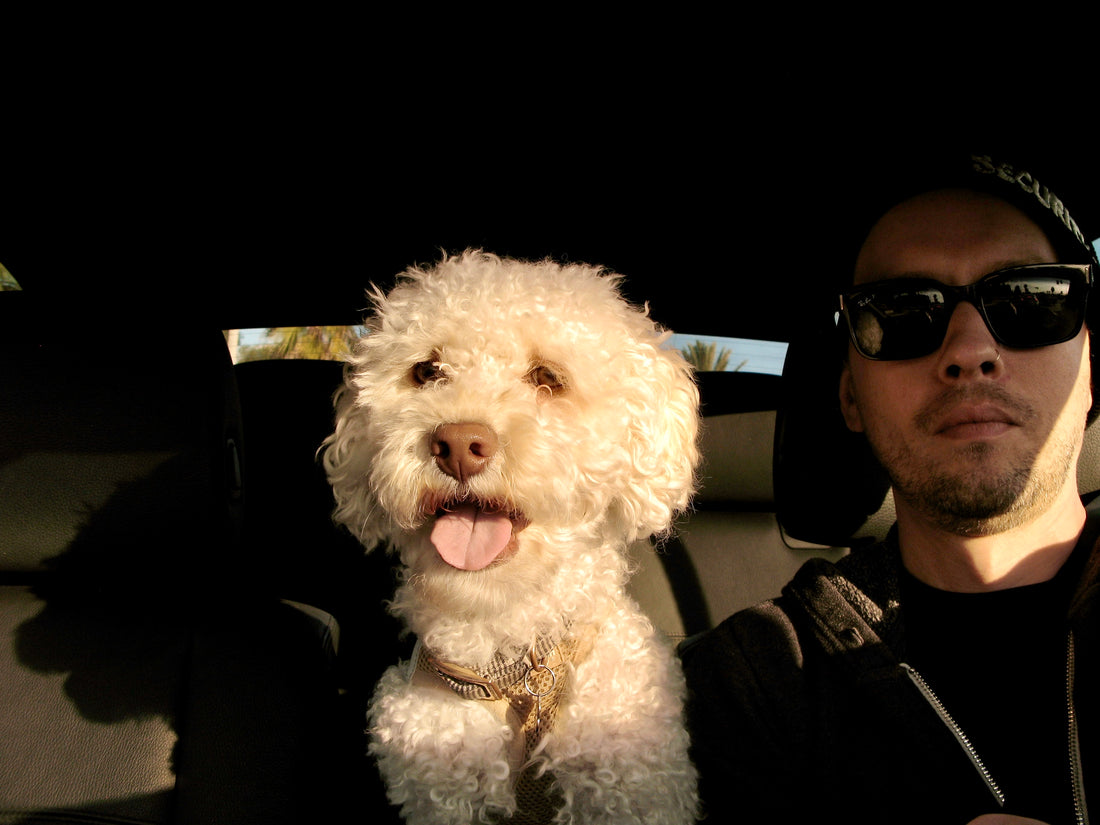
California Animal Welfare and Probate Law as it Relates to Custody of Pets
Share
As of June 11, 2024 Jacob's bio-family has allowed Corduroy to be cared for by the "friend" who stole her, who has a history of animal neglect. Corduroy was integral to Jacob's recovery and rehabilitation and she deserves better than being tossed into a toxic environment of substance abuse.
Under California law, pets are considered personal property. However, courts have increasingly recognized the emotional and psychological importance of animals, especially in cases where the animal served a vital role for its owner, such as being a psychiatric service animal. Here’s how these laws and considerations might be relevant in a probate custody case involving Jacob and his psychiatric support animal, Corduroy.
1. California Probate and Pet Custody
Probate Code Section 21105 allows pets to be handled as part of the decedent’s estate, but California Civil Code Section 1834.4 recognizes the unique nature of animals, especially when determining their care and well-being. T
The court has discretion to prioritize the best interests of the animal over simple ownership claims. This means if a dispute arises over who should care for a decedent’s pet, the court could examine factors beyond mere possession, such as the environment and the quality of life the proposed caretaker can offer.
In the case of Jacob, who was in drug and alcohol recovery at the time of his death, and his psychiatric support animal, Corduroy, these laws are crucial. Jacob and I co-owned Corduroy, and I was listed as the secondary caregiver on Corduroy’s medical records.
I was also Jacob’s sole support during his recovery, consistently training, raising, and supporting Corduroy’s needs on a monthly basis. These established ties and responsibilities could influence the court’s considerations.
2. Factors Influencing Custody Decisions in Probate
Drug and Alcohol Recovery: Jacob was in recovery at the time of his death, a judge might consider this detail as part of the overall context. The court would likely acknowledge the importance of Corduroy as a psychiatric support animal to Jacob’s well-being and how this bond played a significant role in Jacob’s daily life and recovery.
Role as a Psychiatric Service Animal: Given Corduroy’s role in providing essential emotional support, the court may weigh this heavily when deciding custody.
A judge could prioritize a caretaker who can maintain a similar emotional and physical environment to the one Jacob provided, ensuring that Corduroy continues to thrive in a supportive setting. Given my history as Corduroy’s co-owner and caregiver, my ability to fulfill this role would be essential.
3. Awarding Custody Based on Continuity of Care
The primary goal would be to ensure Corduroy’s welfare. The judge might award custody to the individual who can most closely replicate the lifestyle, care routine, and emotional environment that Jacob provided. This includes evaluating:
- Familiarity: Whether the potential caretaker shared a close bond with Corduroy during Jacob’s life. As the secondary caregiver and co-owner who was actively involved in Corduroy’s upbringing, I shared a significant bond with the dog.
- Lifestyle: The ability of the new caretaker to provide a consistent, stable, and safe living environment. My history of co-raising Corduroy and providing monthly support would demonstrate my capability.
- Emotional Needs: Given Corduroy’s role in supporting Jacob’s recovery, the court may favor someone who understands the dog’s emotional and therapeutic needs. My extensive involvement in Jacob’s recovery journey and the emotional care of Corduroy highlights my ability to meet these requirements.
Would a Judge Consider Drug and Alcohol Recovery and Psychiatric Service Animal Status?
Yes, a judge could consider these factors. Courts are increasingly open to assessing the emotional and psychological implications of pet custody. If Corduroy was integral to Jacob’s recovery and served a critical role in his life, the judge may prioritize continuity of care that best serves Corduroy’s welfare. This could lead to awarding custody to a person like me, who can sustain the animal’s role as a service and support companion, ensuring Corduroy’s emotional and physical needs continue to be met.


